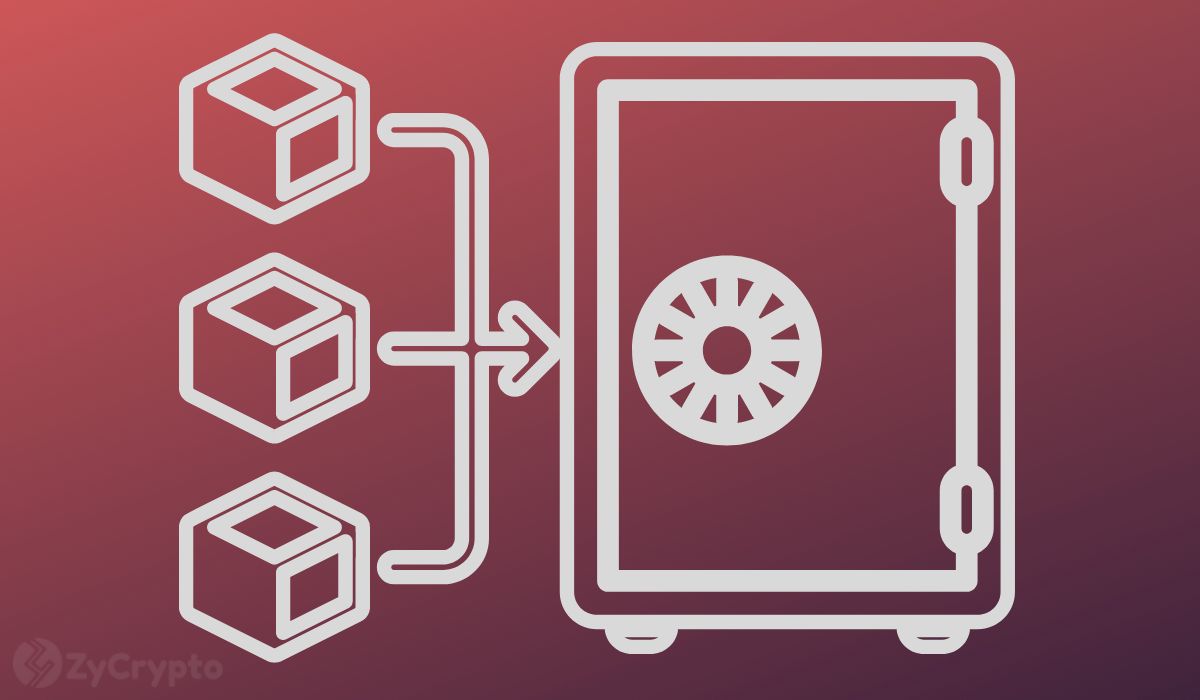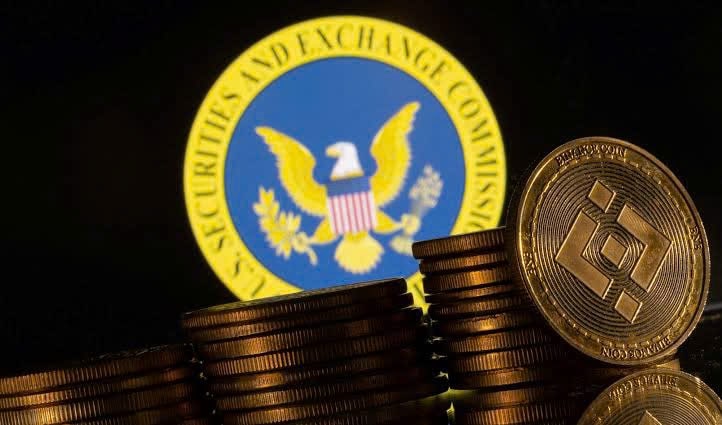
2023-6-12 22:52 |
The Securities and Exchange Commission (SEC) has intensified its efforts in regulating digital assets in what many have described as a “lopsided process” against several assets.
On June 5, the SEC filed charges against Binance and Coinbase for allegedly offering trading services to unregistered securities, improper registration on the part of Binance US and Coinbase staking services. The big question on the minds of observers has been, “How did the SEC determine which assets are securities?”
The SEC and other United States regulators have failed to conclusively answer that question leading to a lack of clarity and uncertainty in regulatory policies. Following the lawsuits, some analysts have shared their views on what they believe to be the Commission’s logic.
Steven Lubka, the Managing Director of Swan Bitcoin, opines that Proof-of-Work (PoW) assets are not flagged by regulators because a central body does not issue them.
“I think PoW coins are largely avoided because there is no central issuer. Generally speaking, PoW is an open mechanism and lacks a central issuer, unlike PoS coins,” he explained.
To others, staking is integral to the decision as users lock up assets in anticipation of a reward given by a “central body.” Vineeth Bhuvanagiri, the Chief Executive of Emurgu, taking a swipe at Gary Gensler feels that the decision is based on the popularity of a coin.
Proof-of-Work dodges bullet but is still within rangeFrom legal filings against Coinbase, the Commission focused on Proof-of-Stake (PoS) assets like Filecoin (FIL), Cardano (ADA), Polygon (MATIC), Solana (SOL), etc, excluding PoW networks. Gary Gensler has also stated in the past that Bitcoin is the only cryptocurrency he can refer to as a commodity because of its structure.
Despite these, the PoW community should not feel too comfortable because the energy consumption of their favourite assets has been a concern for many governments. In 2021, China clamped down on miners citing environmental concerns as cities fell below their climate quota.
According to the Bitcoin Energy Consumption Index, electricity spent on mining Bitcoin globally is at similar levels to Argentina’s electricity usage. This has led to activists clamouring for policy changes that could affect these assets even more than financial regulators. Last month, the White House proposed a 30% tax on crypto mining, stressing their negative community impact.
origin »Bitcoin price in Telegram @btc_price_every_hour
Decentralize Currency Assets (DCA) на Currencies.ru
|
|


















